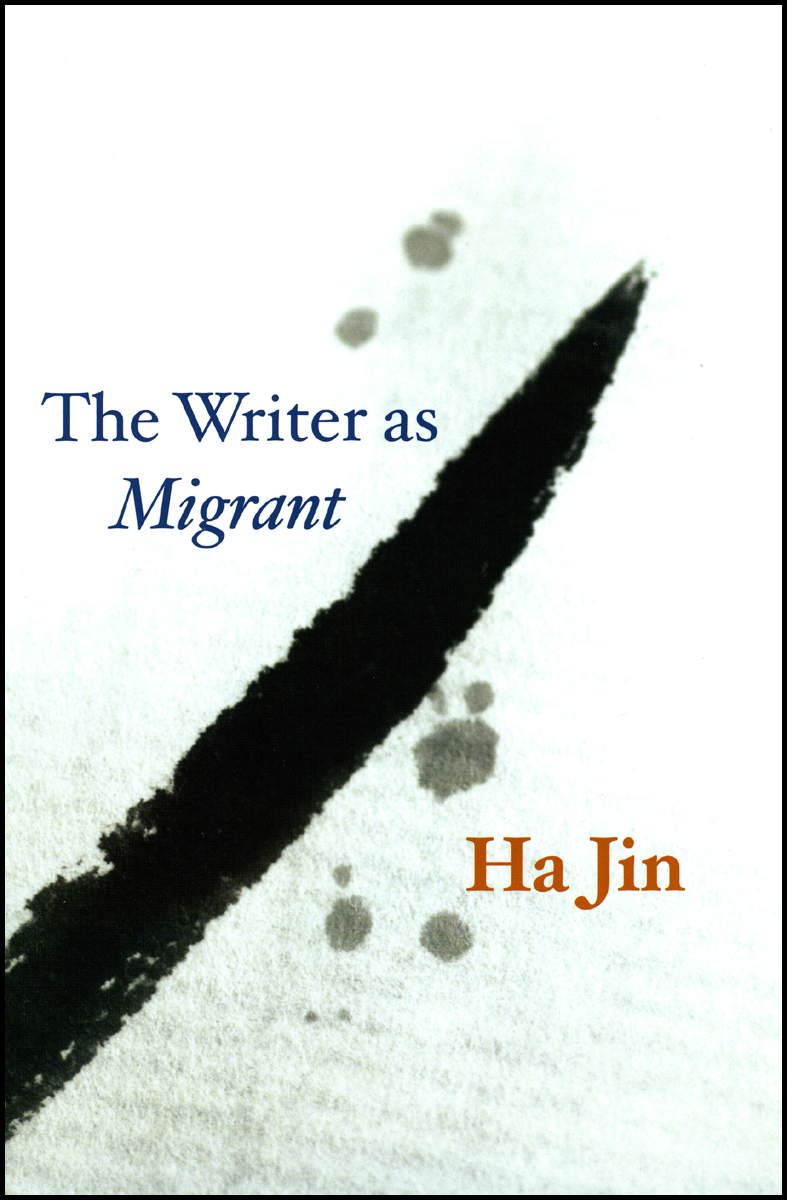In a foreign language, in a foreign land

The last issue of the Chicago Reader contains a special section on new Spring books with a couple of interesting articles profiling Asian American writers and their new works, including the latest from novelist and poet Ha Jin. The Writer as Migrant is a collection of three interconnected essays that draw both on his own experiences as a Chinese immigrant living in the U.S., as well as the writing of other famous literary exiles, including Alexander Solzhenitsyn, Lin Yutang, and Joseph Conrad, to illustrate the unique obstacles and opportunities that face those writing in a foreign language, and in a foreign land. The Reader article focuses on Jin’s personal struggles between feelings of alienation from his native Chinese language and culture, and the greater intellectual freedoms he has experienced writing in the U.S.:
When he started writing, Jin says, “I viewed myself as a Chinese writer who would write in English on behalf of the downtrodden Chinese.” But how could he write on behalf of a people if he couldn’t also address them? Since his books often deal with the politics of modern China—his first volume of poems, Between Silences: A Voice From China, is based on his experiences in the Chinese army—most of them haven’t been published there. One exception is Waiting, his best-known and least political novel—and even that’s been condemned by some as anti-China.
Of course, had he returned to China he could have written in Chinese. Then again, he might not be writing at all. Jin thinks he’d have become a translator or critic or maybe a professor, but wouldn’t have written much. When he was starting out in the U.S., he says, writing was a matter of survival: he was on the tenure track at Emory and had to publish to keep his job. But writing in English offers another sort of survival as well. It’s “a way for me to do meaningful work in a language that’s not controlled by authorities. In that way it’s a matter of artistic survival.”
So he writes in English, even though he argues in the book’s second essay, “The Language of Betrayal,” that “no matter how the writer attempts to rationalize and justify adopting a foreign language, it is an act of betrayal that alienates him from his mother tongue.…”
Read the rest of the article online at the Chicago Reader website.